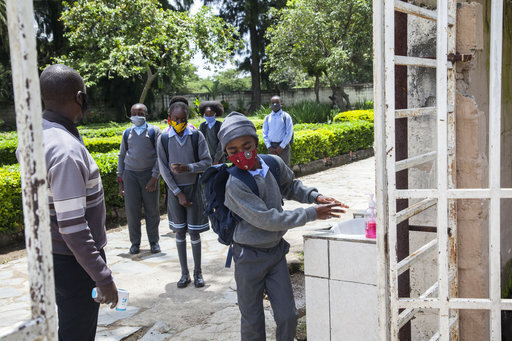Driving south from Lusaka to Livingstone, stunted maize sways gently in the breeze, brittle and ready to be slashed. This was the second attempt at producing a maize crop after the earlier rains were too short. The second rains were even shorter. As the staple crop of many Zambians these withered maize stalks remind people of the reality of climate change and the daily struggle to feed their families.
My journey through the south Zambia, was two years ago in 2019, before Covid-19 struck, which today has further increased the cost of living through higher healthcare costs and food prices, as well as making it hard for alternative livelihoods such as small businesses to survive.
Maize has been promoted for many years as a staple crop, with grains, fertilisers and pesticides provided by the government, as well as a commitment to buy the crops once they are harvested. However, reliance on maize has caused problems.
It has left some farmers dependent on inputs from the government, which often arrive too late – once the rains have started and planting should have begun. It has reduced crop variety and household nutrition, and has damaged soils, reducing future yields and causing some people to migrate to more fertile lands. It has also contributed to climate change through deforestation for bigger areas of land and burning crops. These are part of global trends on food production highlighted in the ground-breaking Dasgupta Review on the Economics of Biodiversity.
Travelling a further two hours along deep red dirt tracks I saw where the Church is standing side by side with people in their daily struggles. I spoke with people in communities where Caritas Monze has been working for decades, providing water and sanitation, tackling gender-based violence, and promoting savings schemes. Caritas workers are known and trusted and often treated as part of the community.
The long-term presence and trusted relationships enable the Church to work with communities in ways that bring about lasting change, according to a new report by CAFOD, the Distinctive role of the Catholic Church in development and humanitarian response. The report argues that governments should involve the Church earlier in any development and humanitarian work, and should support its work on peacebuilding, mediation and changing social norms, as shown in the response to Ebola and Coronavirus.
Caritas has worked with the community to develop alternative approaches to agriculture, something that the farmers had wanted to do in the face of repeated failed harvests and hunger but had been wary of moving away from the guaranteed government inputs and markets.
“You learn lessons when you suffer”, reflects Solomon Phiri, Caritas Monze, Director.
The results have been striking in contrast to the reality of communities who have not yet taken a more sustainable approach to farming. In Makomba Village, the farmers used to burn crops to clear the land, but they now leave the remains of the previous crop so that it can decompose and act as fertiliser. This conserves moisture in the soil so they can prepare the land in advance and plant as soon as the rains come, enabling them to be in control of when they plant, and not dependent on government inputs.
Crop variety means that as well as maize they plant beans, vegetables and fruit trees. Some of these crops act as natural pesticides, meaning that additional chemical inputs are not needed. The trees help reforest the land and take carbon dioxide out of the atmosphere.
This is also contributing to long-term behaviour change. The village head imposed a ban on cutting down trees and a fine of four new trees planted for every tree cut down.
With an increased variety of crops, as well as livestock such as goats and chickens, the families also have better nutrition and lower costs on medical bills. The different crops are more resilient to drought and can provide income at different times in the year, which has enabled the community to send all the children to school, including orphan children who had previously been excluded.
As one community member said: “Chickens running around, and vegetable gardens are a sign of progress”.
Even before Covid-19, Zambia was struggling to pay back its international debts, meaning less money to invest in schools, hospitals, and other basic services, such as support for more sustainable agriculture.
JCTR (the Jesuit Centre for Theological Reflection) has been promoting policy change on agricultural production, seeking greater variety for all communities as well as incentives to tackle climate change and protect nature for current and future generations. Caritas Zambia added their voice to the 140 Church leaders who sent a letter to the World Bank and IMF last year asking for deeper and quicker debt relief.
They are also working with other organisations such as CAFOD to shine a light on the murky world of the increasing amount of international debt owed to private creditors, who even many government officials struggle to find accurate information about and who are key to providing a permanent solution to the current debt crisis.
Eugene Kabilika, the Executive Director for Caritas Zambia, told me: “Thousands, if not millions of Zambians are already facing devastating health, social and economic challenges and the onset of the Covid-19 pandemic, will only make the situation worse. Permanently cancelling upcoming debt payments owed by Zambia would be the fastest way to free up existing public resources to tackle this unprecedented crisis and save lives.”
Graham Gordon is Head of Policy at CAFOD.



 Loading ...
Loading ...
What do you think?
You can post as a subscriber user ...
User comments (0)